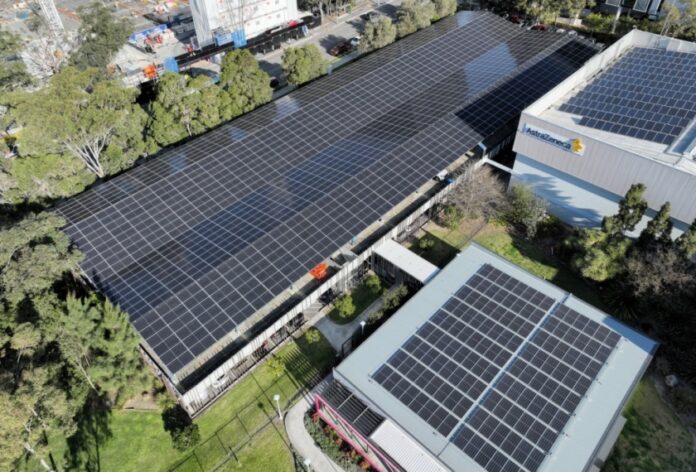Leading renewable energy associations — including UNEF (Spanish Solar PV Association), APREN (Portuguese Renewable Energy Association), SolarPower Europe, Global Solar Council, Global Renewables Alliance, and REN21 — have jointly emphasized that solar PV was not responsible for the Iberian blackout in April 2025. The official investigation supports this, highlighting instead the complexity of grid management and the need for systemic upgrades.
They stressed that solar PV already has voltage control capabilities, but outdated regulations prevented its full use during the incident. The blackout should serve as a learning opportunity and a catalyst for improving grid resilience and flexibility, especially through grid-forming inverters and battery storage — technologies that are already commercially available and critical to stabilizing electricity systems.
The statement pointed out that in 2024, Spain added less than 250 MWh of battery capacity despite installing 9 GW of solar, ranking just 14th in Europe for battery deployments. However, with the revival of utility-scale battery projects, Spain is expected to enter the top five European battery markets in 2025.
The associations reaffirmed that solar is the fastest-growing and cheapest energy technology globally, vital for energy security, especially amid high energy costs. They underlined solar’s role as a foundational element of Europe’s decarbonized future, with the International Energy Agency projecting it to be the world’s largest source of electricity by 2033.
Sarah Brown, Europe Programme Director at Ember, supported this view, noting that conventional power plants failed to provide essential voltage control, as stated in the Spanish government’s findings. She criticized earlier speculation blaming renewables, emphasizing instead that renewables helped restore grid stability quickly and underscoring the need for greater grid optimization and flexibility as power systems evolve.
GreentechLead.com News Desk

